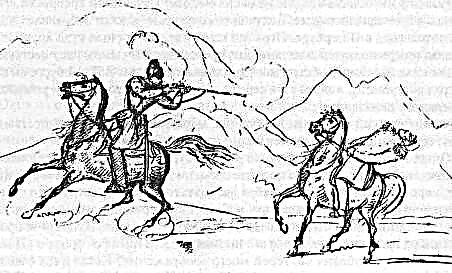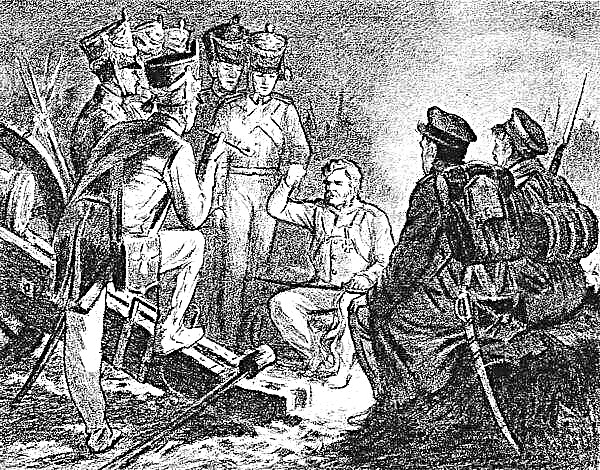(250 words) Lermontov has always been partial to Russia and the Russians. However, at the late stage of creativity, when the poet had already outgrown youthful maximalism, he began to relate to the environment with less optimism and sympathy. So, in 1838 he wrote the poem "Duma." He perceives his generation “sadly”.
The poet’s age and certain life difficulties are not the only reasons for creating such a poem. The 1830s is a period of disappointment in the ideas of the Decembrists. This is the time when old ideas turned out to be unviable, and new ones have not yet been formed. Young people did not know what to believe. Unbelief adversely affected their civic activism, and for Lermontov it was an important indicator of patriotism. Therefore, Mikhail Yuryevich describes a society that is interested only in fleeting joys, dances and gossip at balls and dinners. This is a society that is not keen on discoveries, studies, or the creation of something new: "Dreams of poetry, creation of art / Sweet delight do not stir our minds." Young people are no longer interested in either future accomplishments or the value of past achievements. It is especially important to emphasize the indifference of the described generation. Lermontov writes that “some kind of secret cold” reigns in the souls of these people. They don’t want to make an effort neither in the struggle, nor in friendship, nor in love: “And we hate, and we love by chance, / Without sacrificing anything, neither anger nor love,” which means they feel neither bitterness for defeat, nor joy for victory. The absence of any feelings forces the author to paint the fate of society only gloomily.
An important characteristic of the Lermontov generation is that, according to the poet, it will not leave anything worthwhile. The author even predicts fate, saying that it will pass “by a moody crowd”, “without noise, without a trace”, and “the descendant will offend him with a contemptuous verse”.












